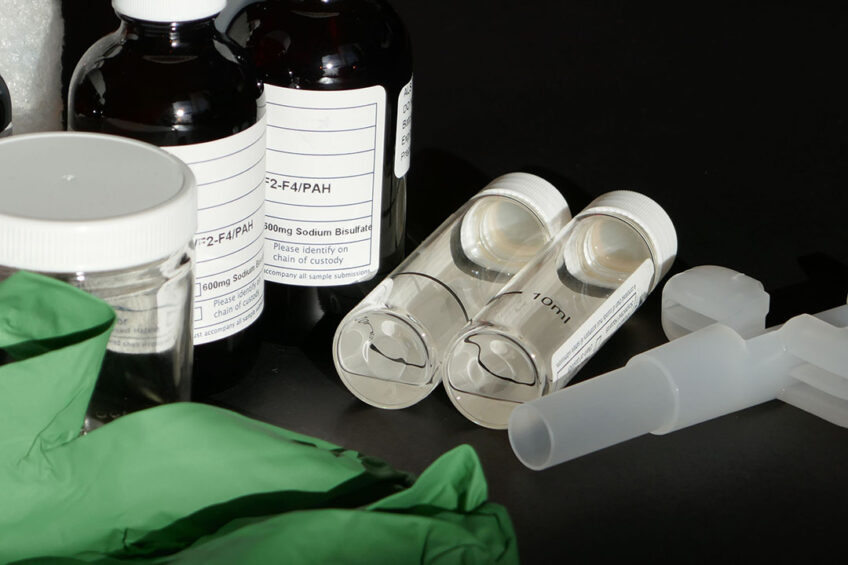Poland: Scientists criticise poultry sector for environmental pollution

A recent study discovered an excessive level of broad-spectrum antibiotics in soil and water near a poultry farm in Poland. An industry organisation insists that no conclusion from this case should be drawn about the entire sector’s operational practices.
Scientists from the Univesity of Warmia and Mazury discovered that a poultry farm caused severe environmental pollution, affecting not only soil but also groundwater. “We detected 7 drugs in groundwater collected at a depth of 35 metres,” said Prof Agnieszka Piotrowicz–Cieślak from the Department of Plant Physiology, one of the study’s authors.
Moreover, the scientists claimed that they identified drugs in the drinking water sources used by the local population. “We analysed 3 local sources and found the presence of antibiotics in each of them,” emphasised Piotrowicz-Cieślak.
“Consumption of water contaminated with antibiotics means that antibiotics enter human and animal bodies. Even such small concentrations of drugs in food and water, with no clear therapeutic effect, may be harmful, especially to children,” the scientist noted.
Air, soil, surface water and groundwater
Based on their findings, the scientists heavily criticised the way the poultry industry in Poland operates. They claimed that “not everyone realises that poultry production affects the environment to a much greater extent than the production of other types of food”.
According to scientists, poultry farms emit pollutants to all parts of the environment, including air, soil, surface water and groundwater, affecting humans, animals and plants.
Scientists also cited a study conducted by the University of Warsaw in which phosphorus content in the soil near a poultry farm was found to be 2.5 times higher than the average for soil in Poland. “Excessive amounts of phosphates in the soil limit the uptake of iron and zinc by plants, which causes symptoms of deficiency of these elements,” noted Piotrowicz-Cieślak.
Poultry farmers protest
The Polish Meat Association, an organisation uniting the largest poultry companies, has issued a statement in response to the study, lambasting its methods and conclusions.
“A single analysis based on samples taken from an unidentified reservoir should not be treated as an objective and reliable scientific study. It is scandalous to formulate claims and allegations based on the incidental result of testing one small farm and treat it as representative of the entire poultry sector in Poland,” the meat association emphasised.
As an EU member state, Poland strictly follows EU regulations, the meat association stated, stressing that compliance with veterinary and sanitary regulations is strictly monitored, and the entire poultry sector is open to reliable scientific research.












